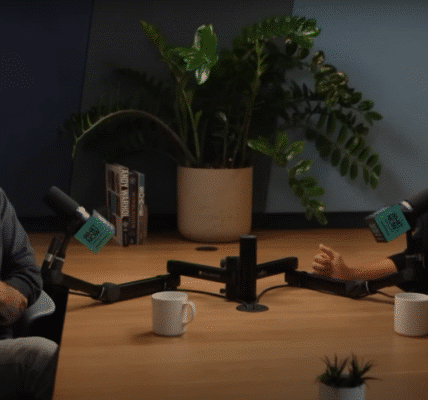The Connection Between Mental Health and Substance Abuse

It is estimated that half of all those who suffer from substance use disorder also have a diagnosed mental health disorder. The reverse is also true: half of those diagnosed with mental illness also have problems with substance abuse. There are some people who feel that all substance use disorders are mental health disorders by definition.
It’s very difficult to say that the cause of all substance abuse is mental illness. Many people become exposed to opioids during the course of medical treatment and later become dependent on these substances. You could make a case they suffered brain damage as a result of prescribed medication, but it would be stretching the diagnosis to say that mental illness caused their addiction and not medication.
The U.S. Department of Health and Human Services has an agency devoted to tackling both substance use disorders and mental health disorders. It’s called the Substance Abuse and Mental Health Services Administration (SAMHSA), and their publication, TIP42: Treatment Improvement Protocol, provides an overview of the problem:
People with SUDs are more likely than those without SUDs to have co-occurring mental disorders. Addiction counselors encounter clients with CODs as a rule, not an exception. Mental disorders likely to co-occur with addiction include depressive disorders, bipolar I disorder, posttraumatic stress disorder (PTSD), personality disorders (PDs), anxiety disorders, schizophrenia and other psychotic disorders, ADHD, and eating and feeding disorders.
The first step in treating co-occurring disorders (CODs) is to screen for them. Those reporting mental health problems or substance use problems should be screened for both substance use disorders (SUDs) and mental health disorders (MHDs). TIP42 concludes that a lack of screening “leads to a lack of treatment, which then reduces a person’s chances of achieving long-term recovery for either or both disorders.”
Just as the overlap of mental health and substance abuse might suggest, the treatment that appears to work best integrates mental health treatments and substance use treatments in ways that strengthen each other rather than work against each other. The SAMHSA states “Integrated care is recommended as a best practice for serving people with CODs.”
A recent survey of the scientific literature on primary care treatment for patients with CODs found that “individuals will have the greatest potential outcomes if they receive treatment that is successful for both of their comorbid diseases.” The survey finds three major benefits of integrating mental health and substance abuse treatments:
- First, it reduces the stigma associated with seeking treatment for substance abuse and mental health problems, as patients can receive care in a primary care setting rather than a specialized clinic.
- Second, integrated treatment can improve patient outcomes, as it allows for a more comprehensive approach to treatment.
- Third, it can increase access to care, as patients can receive both mental health and substance abuse treatment in one location.
The authors conclude their survey of the recent literature by calling for “integrated therapy, evidence-based therapies such as SBIRT and CCM, and greater training and resources for primary care physicians…” Writing for Flux magazine, writer Al Woods summarizes the benefits of a holistic approach:
When both disorders are treated simultaneously, individuals are more likely to experience lasting recovery and less likely to relapse.
Among the therapies that work for both substance use disorders and mental health disorders is Cognitive Behavioral Therapy, or CBT. “This therapy helps individuals understand the connection between their thoughts, feelings, and behaviors, empowering them to make changes that positively impact both areas of their lives,” writes Woods. It is likely that more research into the common chord between behavioral and substance-related compulsions will lead to more effective treatments for all addictions.
Written by Steve O’Keefe. First published December 27, 2023.
Sources:
“Top Reasons to Address Both Addiction and Mental Health Challenges,” Flux, December 2023.
“Substance Use and Co-Occurring Mental Disorders,” National Institute of Mental Health, retrieved December 2023.
TIP42: Treatment Improvement Protocol, published by Substance Abuse and Mental Health Services Administration (SAMHSA), February 2020.
“Mental Health and Substance Abuse Treatment in Primary Care,” Scholars Academic Journal of Pharmacy, February 2023.
Image Copyright: svershinsky.




